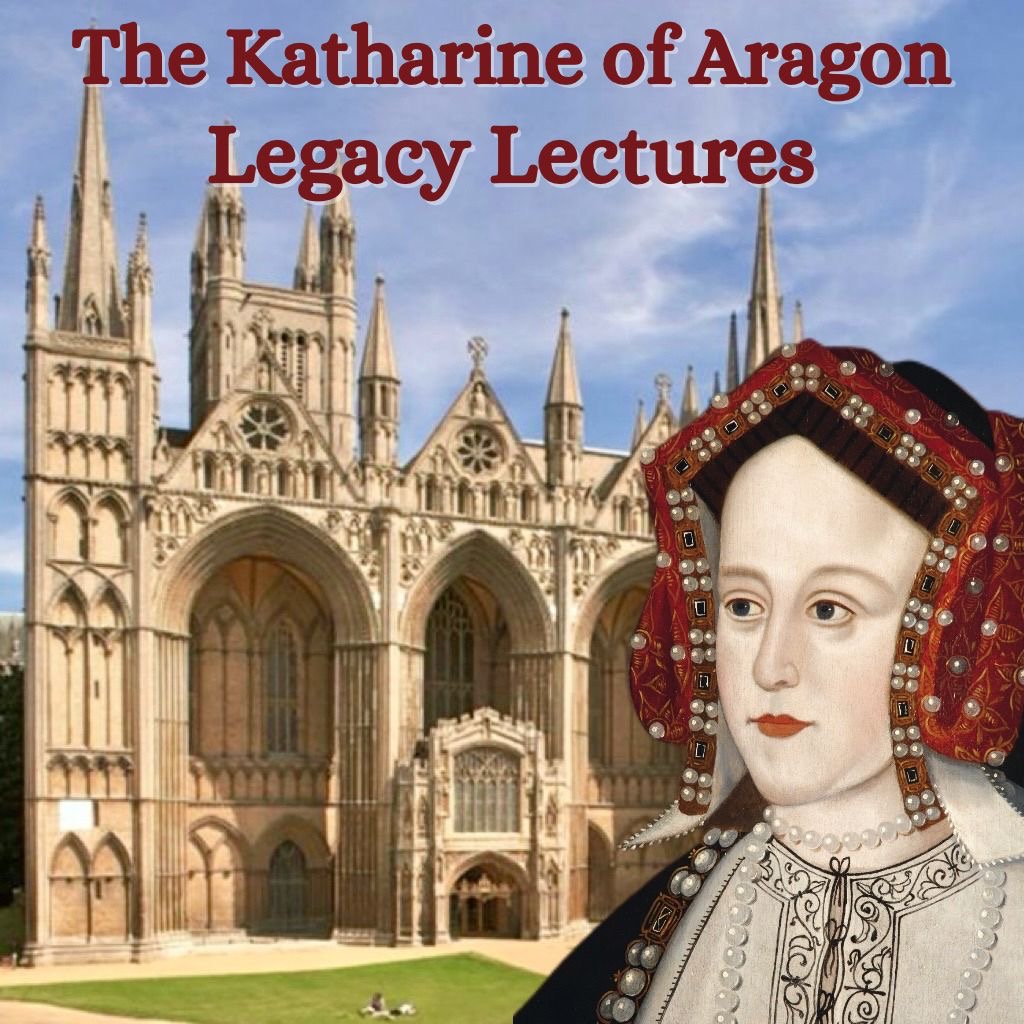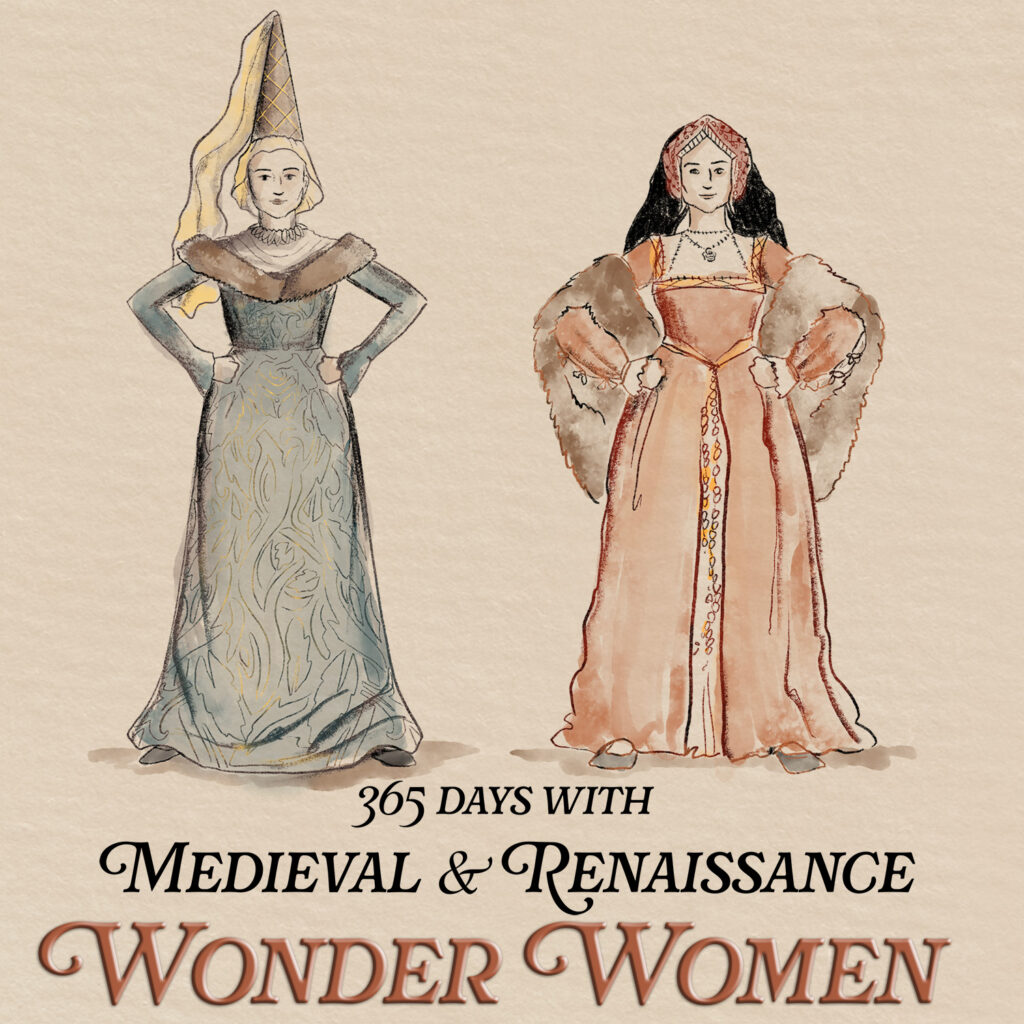Could you share with us the inspiration behind To Die For: A Novel of Anne Boleyn?
I have been drawn to Anne since I was a girl, curled up in a beanbag chair, dog-earring books about her as I read and re-read them. My research journey took me to Meg Wyatt, narrator of my novel, To Die For. {I will quickly note that in my book I have switched the names of the Wyatt daughters so that the eldest is named Anne/Alice and the younger Margaret/Meg so that the story could be told without two “Annes” to confuse the reader.} It began, as all treasure hunts do, with one solitary clue, an offhand comment in a Tudorplace.com.ar link that said that Anne Wyatt attended Anne Boleyn till her death, and that, at the end, Anne Boleyn had given her friend her prayer book, a very personal gift indeed, and just before her execution whispered something in her friend’s ear.
From a young age, we women are wired for friendship. Little girls link arms in exclusivity with one another on the playground. The most devastating betrayals during our middle and high school years often come not from boys but from the friends we thought loved us and in whom we’d trusted. I have several friends with whom I’ve been close for more than twenty years and I know they have my back, and I, theirs, no matter what. So when I began to write novels set in the Tudor period I wondered, who were these Queens’ real friends, those who would remain true in a treacherous court? Ovid wrote, “While you are fortunate you will number many friends, when the skies grow dark you will be alone.”
What is it about Anne Boleyn that makes her such a fascinating subject for novelists?
She’s larger than life, she was witty and beautiful, she kept a difficult king at bay for many, many years, and her story is larger than life. Her death at the hand of her husband, who seemed not to mind at all, was horrific. These things are unforgettable.
There are so many things that I wish I knew about Anne. What did she sound like? What did she really look like? How did she spend her childhood? Was she ever involved romantically with Thomas Wyatt? What are some of the questions that feature prominently in your thoughts?
It’s so fun to let the imagination run wild. I wonder what Thomas and Elizabeth Boleyn were thinking as it all came crashing down. I wonder when the lady Elizabeth first realized what had happened to her parents and how she processed it. I wonder if Queen Elizabeth and Katherine Carey ever presumed that they were half sisters as well as cousins. So many wonderings! One of my favourite wonderings, which must remain secret for now, I decided to write out in Book 2.
Apart from Anne, is there any other Tudor woman that captures your imagination?
So many of them. Even the little known ones, perhaps many of the little known ones, which is why it’s fun to write from their point of view. I loved Meg Wyatt, and I love the ladies in Parr’s household, too. I am having the most fun with the book I am writing now, from one of Elizabeth’s women who is little heard from. I admire them: their wit, their perseverance, their generosity, how they juggled service to the queen and running their own households. A lot like women today!
Religion played such an important role in Tudor life, yet it is not often a major element of Tudor novels. Why do you think this is so and why was this an element you wanted to recognise?
I don’t know why it hasn’t been explored as much as many of the other elements; every writer has an angle and has to pare back which parts of the era to focus on and there is only so much any one writer can concentrate on. For me, it was important to include it because I felt it’s integral to the times – religion is what many of those beheadings and burnings were about. To leave it out almost undermines the rationale necessary to understand why people acted as they did. The rifts, right up to Elizabeth’s reign and the plots for Mary Queen of Scots, were based on religion, which was for many deeply felt and for many was simply power. I don’t want to spend over much time on it, but I don’t want to ignore it, either, because the people living in sixteenth century England did not.
There are many public misconceptions about Henry VIII and his Queens. In your opinion, what is one of the worst?
So many really. I suppose most irritating to me is when people say Anne had a sixth finger or a wart on her neck or try to mar her in some way that is strictly untrue but fits in with their preconceived notions. Also, many people think Henry was sleeping around all the time, and had so many mistresses. Actually, he liked to be married and had relatively few mistresses given the time and other kings (like Francis I) of the era. He just had a lot of wives!
Your novel is rich in detail and meticulously researched. Do you feel that the facts constrained your writing in any way? Or did they assist you in your creativity?
I hope to keep my novels as close to the facts as possible so facts help me, and they even suggest plots. I write historical fiction because I love history, and I assume that many of my readers, do, too. Therefore, if they come across something that is historically inaccurate, it pulls them out of the book and I don’t want that to happen! I think it’s delightful, too, to meld fact and fiction as much as possible, because it makes us feel like we are there. Some things have to be imagined, of course. But I hope to stick with known facts and then, even in the imagining, write plausible fiction.
What is the most interesting or peculiar fact you’ve learnt about the Tudors in your research?
I think watching the constant speculation about why Henry’s wives had so much trouble conceiving and then carrying children to term never fails to keep people wondering. New theories are constantly being put forth, even 500 years later.
Could you share with us a little about the book you are currently writing, Book Two in the Ladies in Waiting series?
The second book, The Secret Keeper, is already complete, and will be launched next June 1st! It takes place during the queenship of Kateryn Parr. She was a strong woman, given to the reformation, and a best-selling author. But she had a soft spot for a bad boy and it led her, and those under her care, into trouble and distress. I hope readers will find a deep, witty, and nuanced Parr in this book with perhaps a surprise ending.
The third book in the series, which I am writing right now, will take place in the court of Elizabeth, and will also be told from the point of view of one of her ladies. We often hear about Glorianna, her power and amazing intellect, but not as often about Elizabeth’s softer side as it intersected with her friends and her loves. Elizabeth was loyal but could also be a tempestuous friend, which made being her lady in waiting a bit of a balance walk and dangerous in its own right. But I wanted to see more of her heart than I’d seen in fiction, which is how I’m approaching my book.
If you could travel back in time and witness only one event during the Tudor period, what event would you choose?
Oh, I’d have to choose one for each of my queens, to be fair. I’d like to see Anne’s coronation. She was married, she was pregnant, she was about to be crowned and the world lay before her. I imagine it was a “most happy” moment. I’d like to have been with Kateryn Parr right after the birth of Mary Seymour, for the same reason. Her own child – finally! And for Elizabeth, I would say her coronation, too. She had kept her head during Mary’s reign, she was a beautiful, learned new queen, and Dudley was to move into the suite of rooms next door. I imagine she was blissed out.
Thank you Sandra!
Thank you, Natalie!

















Oh I cannot wait to read your next books! I adored this novel, to me it read like one of the truest accounts of Anne’s personality & point of view (or my perception of her) to date. And all the more for reading it from someone’s eyes that all of us can understand, someone without the title and position to have an agenda in their relationship with Anne but rather a loyal friend. Someone we can all relate it. I felt I was there with them.
I just wish I hadn’t read it so quickly!
Thank you so much, Gemma! Someone once said to me that they felt that a lot of fiction written about Anne had been from the point of view of an enemy or a rival. And I’d add to that, someone with something to gain by her. If my life’s story was being told, I’d much rather it be by a friend who knew me, good, bad, and everything in between. And loved me still!